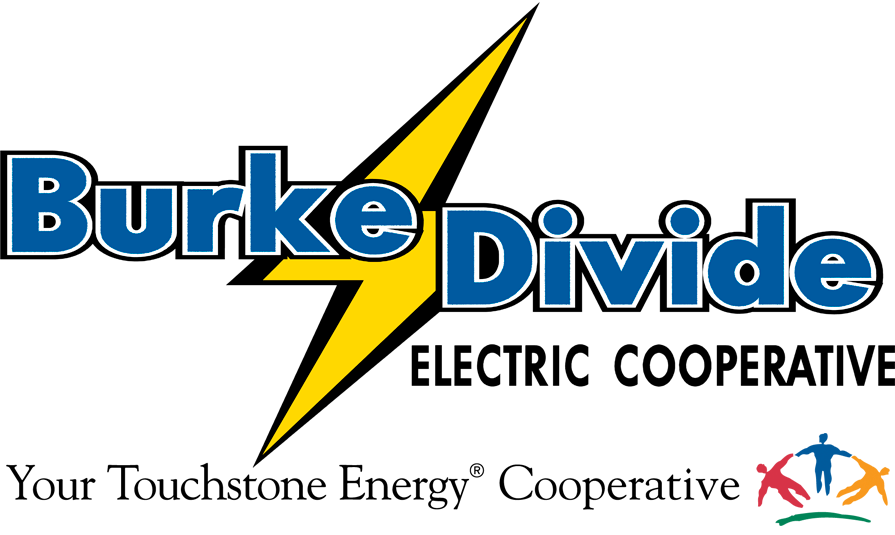Crooks use clever schemes to defraud millions of people every year. They often combine new technology with old tricks to get people to send money or to share personal information.
Immediately hang up if you receive a call demanding immediate payment of a utility bill to avoid disconnection or shutoff. This is a scam.
You may receive a call from a scammer claiming to be representing Burke-Divide Electric Cooperative, stating you need to pay your bill by sharing a credit card number or other information immediately or your power will be disconnected. This is not a scenario your actual electric cooperative will ever follow.
Never be fooled by a phony caller ID. Never return a call to the callback phone number provided by an unknown caller. Never provide payment or personal information to a caller you do not know.
Burke-Divide Electric Cooperative will never call and ask for your credit card number, personal banking information or Social Security number over the phone. If you are unsure about a call or are asked for personal information from a caller, hang up. Then call Burke-Divide Electric Cooperative using the phone number from your utility bill or the cooperative’s website to get the proper information about the status of your account and payment options.
A few simple precautions can help prevent scam artists from being successful. The North Dakota attorney general’s office shares other information you need to know:
1. Scam artists pretend to be people we want to trust, like government officials, law enforcement, bank staff, utilities or even family members.
- Never give out personal information (such as your address, date of birth, Social Security number, bank or credit card information) or send money in response to an unexpected contact, no matter how urgent it may seem.
2. Don’t trust your caller ID. It may not be who you think it is.
- Readily available technology makes it easy to create a fake name and number to display on caller ID or as the “sender” of a text message. If someone calls asking for money or personal information, hang up. If you think the caller might be telling the truth, call back to a number you know is genuine.
3. If you are asked to send or wire money, or to buy prepaid cash cards, stop! Your utility company won’t ask you to pay that way.
- A legitimate government agency or business will never ask you to wire money, buy prepaid cards (including prepaid gift cards) or deposit money into another person’s account.
- Scammers sometimes offer fake refunds or state you have overpaid so they can obtain your credit card information. Again, do not share credit card information.
4. Hang up, every time. Don’t reply to the text or open the email.
